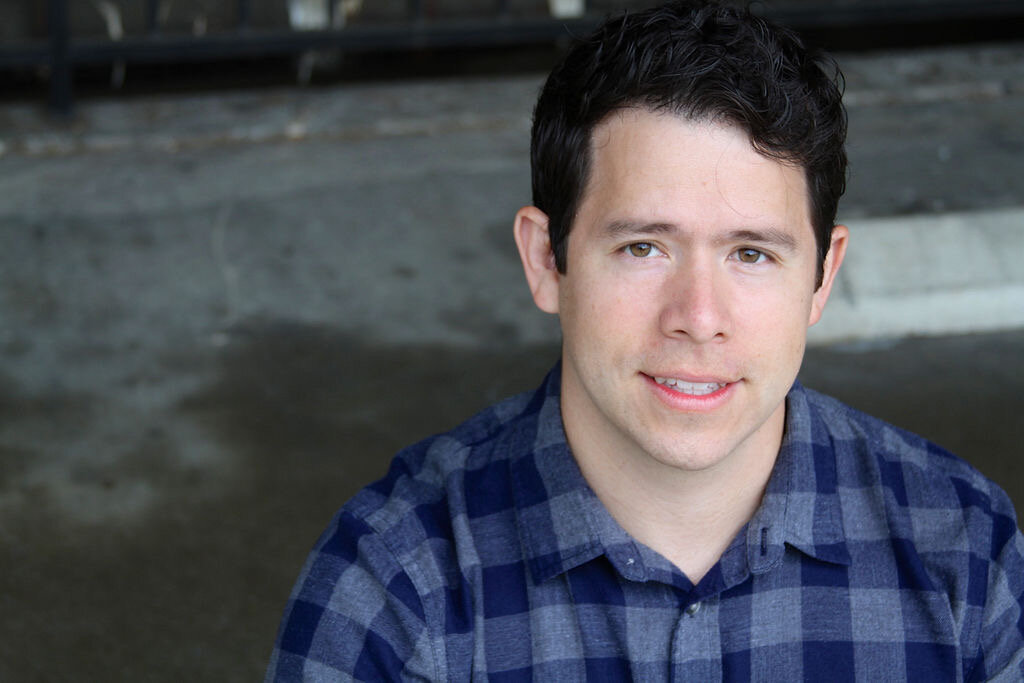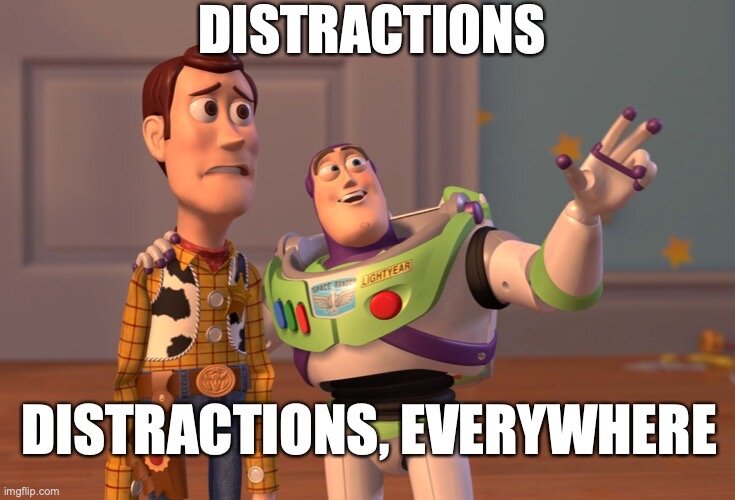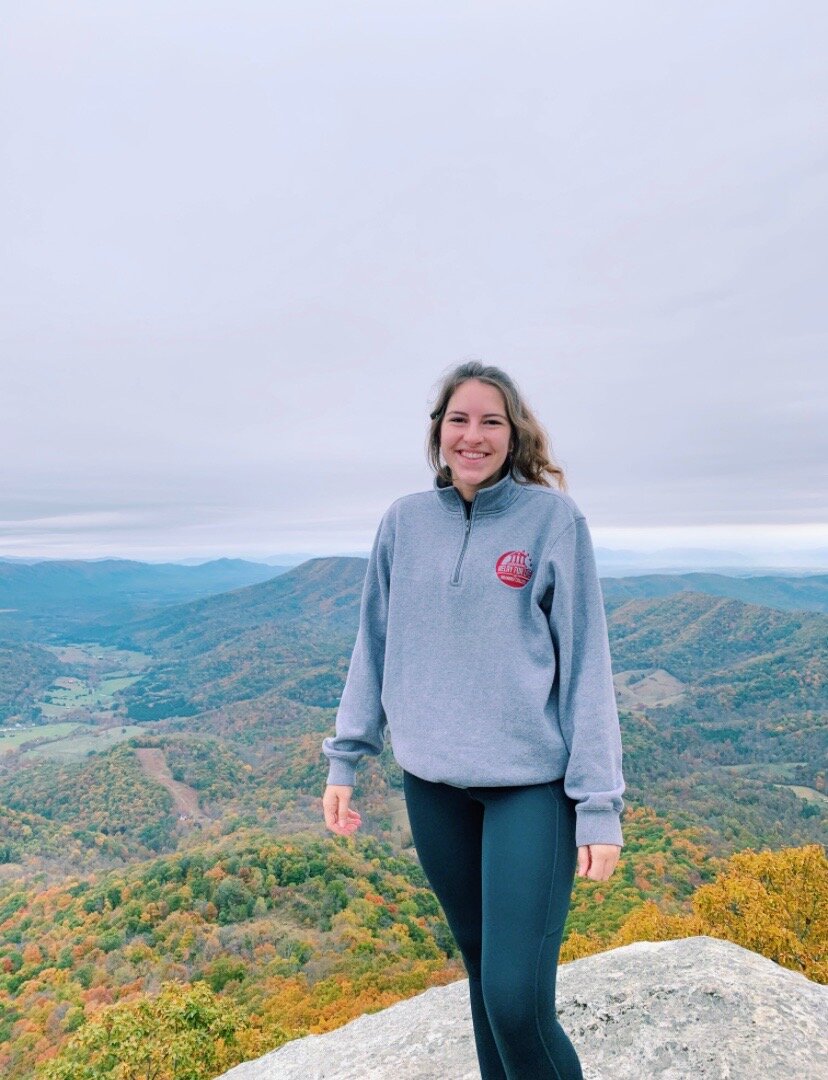As coronovirus turns the world upside-down, one of the most challenging fallouts for many parents and kids is how to deal with school at home. For parents unprepared to teach their kids or who are just facing way too much time cooped up with them, the days may seem bleak or endless. However, for homeschooling parents who have been teaching their kids by choice, staying home is just their daily routine. Heather Vargas, a molecular biologist and research scientist at UCLA, is part of the PCH Tutors community and has been homechooling her kids for nearly two decades. She offers plenty of positive advice, resources, and wisdom for how to successful manage full days and weeks at home with your kids - even if you didn’t plan this. TL;DR: don’t stress, YouTube can work magic, and always be flexible!
How long have you been homeschooling?
Over 18 years. I have five kids and my oldest is a freshman at Berkeley, he was homeschooled for his entire life and only went to school for his senior year of high school. The next is my daughter who is a senior in high school and going to Cal Poly in the Fall. She was homeschooled until 11th grade. I have a 10th grader and this is her first year in school. The youngest are still homeschooling: they’re in 8th and 6th grades.
You work and you homeschool?!
I am a research scientist at UCLA. I study psychoneuroimmunology: how the immune system and brain mediates a person’s stressors and translates those into physiological effects in the body. It’s a lot of fun to be back working - I do experiments in a lab! I study the effect of stress in your life and, specifically, diseases tied to biological aging. I look at what things can help that: meditation, and tai chi - which has been found to reverse some effects in breast cancer patients. I study how stressors can be different for different people. For example, if you are a caregiver for someone with dementia will you be at a higher stress level than a breast cancer patient? Currently, I’m writing a paper and doing a lot of research.
Why did you decide to start homeschooling?
I knew when my oldest was a baby that I wanted to homeschool because I wanted my kids’ influence, their learning styles, and their values to come from their home and not other teachers, their ideas, other kids, what they’re hearing at their home, etc. As they got older, I realized that all five learned differently from each other. Keeping them at home, I could teach them in the way that works best for each of them.
I wish I’d stressed out less in the beginning.
Adapting to five different styles actually sounds harder than teaching a classroom of 30!
Yes, so we combined some classes. Even if your kids are, say, two years apart, you can combine most subjects: language arts, history, social science, sciences, and do a lot of the same kind of teaching. Then send them off to do their own assignments. We don’t teach every class every day. I only teach language arts twice a week, but they may have reading or assignments other days. Same with the sciences and history. Math is always separate because you can’t really teach that on different levels and it’s time consuming. I teach math four days a week and they do assignments four days a week.
Describe a day in the life of your homeschool.
We start at 9 am. The kids always start at the kitchen table. Usually, I’ll teach something, or we watch videos sometimes. I teach and then give assignments. If they’re doing a test or some kind of project we’ll do it at the table but sometimes for an assignment or a reading assignment they go elsewhere in the house.
Have a routine of what’s expected
Why did your kids start attending school?
All of my kids started taking community college courses in 9th grade. I had taught my son trigonometry, but more difficult topics just get to be too much to homeschool. Community college was an advantage to save a little time and money, depending on your major.
How have you managed to separate home vs. school life when everything takes place in the house?
I teach classes for other students, sometimes as many as 10 come over, though only one comes right now. When you’re homeschooling, your kids don’t always want to hear your voice. Peer pressure can sometimes help kids listen.
For a few years we did a co-op with another family, and we’ve gotten involved with some home school groups. There’s a huge community of homeschoolers in the South Bay, but the west side groups tend to be elementary and middle school kids. Pasadena/Glendale have much bigger teen homeschool groups.
As they got older, I realized that all five learned very differently from each other. Keeping them at home, I could teach them in the way that works best for each of them
How have you prepared your kids to keep up with public school/community college/university?
But I’ve always made sure they have the foundation to do whatever they want to, and not get to the point where they wanted to study something but were not equipped to do so. Whether it’s an astronaut or an artist. Even though I’m a molecular biologist I never thought my son would want to be a physicist, but that’s why we’ve covered the courses and followed a lot of the state school curriculum.
Flexibility is the most important thing in terms of your own sanity. Even if you’re dead set on the way the day is supposed to go, it’s for your own and kids’ sanity.
What’s the most important thing you’ve learned through homeschooling?
Flexibility is the most important thing in terms of your own sanity. It’s also important in terms of kids not feeling like there’s such complete pressure from their parents telling them what to do in every bit of their life, so then they’ll want to go along with you. Listen to their feedback. No matter how badly you think they should be doing XYZ, figure out a way it works for both of you. Sometimes I do trade-offs: sit at the kitchen table even though you don’t want to, but later you can finish an hour early and go ride your bike.
I can’t expect things to be perfect.
Also, have a routine of what’s expected. Each week, I do write out a loose schedule for every day so they know what to expect. But within that schedule, have the flexibility to say maybe it’s not the day to learn a new math subject, put it off until tomorrow. Maybe we need three days of a concept I thought would be one day. Instead of getting frustrated, just adjust the schedules. I’ve learned that over time!
How much lesson planning do you do vs. following a curriculum?
My kids are a little old for unit studies now, but when they were younger we definitely do unit studies. I plan all my own curriculum, sometimes based loosely on whatever the school district is doing for that grade level. When my son went to school in 12th grade and my daughter in 11th, they were completely ready because I followed along and made sure they got the subjects they needed. At the beginning of the year I spend maybe a few weeks just to get the outline of what we’ll be doing. I go down the list of all the subjects, and within those topics I go to different resources and try to find an interesting curriculum. For language arts, grammar, or spelling, I make my own curriculum. I also happen to love text books, especially for math. I’ll do something like YouTube or Khan Academy, especially if if they’re not “getting” something.
“But what about extracurricular activities?”
I always make sure they’re involved with something. The YMCA has an excellent government club for middle and high school: model UN for middle school and model youth government for high school. My kids danced, ballet and others, and there are co-cops and other homeschool activities. They’ve never been isolated.
What has been your biggest challenge in home-education? How did you deal with the challenge(s)?
I would say the biggest challenge has been for the kids to take the work I’m giving seriously and to make sure they feel that pressure. Homeschool kids often don’t feel the same pressure to get good grades and do well in class. There is an aspect of peer pressure and competition, that your teacher will see the grade. At home you don’t have that pressure.
An ongoing reminder is that I can’t expect things to be perfect and have angel children who listen to every word I say - and you have to realize that up front. Remember that nothing will be perfect, but there are consequences of not having work done. I tried at one point to give rewards for getting work done, but that was a disaster because first of all, it felt like it was setting up an idea that everything deserved an award. After a while they weren’t even motivated, they took it for granted. Consequences seemed to motivate.
My kids were out of school for 6.5 weeks because of Malibu fires - that seems like a long time. In the end, though, they learned just as much as everyone else as everyone else in the world who was still going to school and not missing class.
What did the challenges of homeschooling teach you about yourself?
I think I was really defined by my job before I started having kids, when I was a scientist, but I stayed at home for 17 years before I went back to work. I had the same POV now that I think people probably have me: well what do you do? So now I see more the special qualities and the sacrifice it takes to do different things: especially teaching your kids.
What can families who aren’t regularly equipped to home-educate do to have the best experience during this period of mandated schooling from home?
You just have to be flexible and adjust. Even if you’re dead set on the way the day is supposed to go, it’s for your own and kids’ sanity. Your day will be so much smoother if you can quickly readjust, or recognize it’ll happen in a different way on a different timetable.
My kids were out of school for 6.5 weeks because of the Malibu fires - that seems like a long time. In the end, though, they learned just as much as everyone else as everyone else in the world who was still going to school and not missing class. Right now we are close to the end of the school year and as long as they’re doing a little bit at home, it won’t have such a negative impact as you may think.
With that said: keep them on track - there is still an expectation. Log in every day, but everything doesn't necessarily have to be at the same level. And don’t stress out: they can still learn during this time, they’ll still go to college, and they won’t lose as much as you think.
Right now we are close to the end of the school year and as long as they’re doing a little bit at home, it won’t have such a negative impact as you may think.
What do you wish you’d known at the beginning of homeschooling that you know now?
To not stress out so much. For the most part, what they’re learning - especially up through 6th grade - is not going to make that big of a difference in their future. Relax about things. If things aren’t going perfectly, don’t stress out about it so much and feel like your kids have to be doing everything at this high level. If they’re lousy at spelling in jr. high, they could still end up a journalist. Those kinds of things don’t necessarily shape who they are. I wish I’d stressed out less in the beginning.
What resources can you recommend to kids/parents learning at home right now?
I’ve been seeing people with younger kids freaking out that they suddenly have to teach. It’s not as hard as you think: find a 30 minute video on it, let them watch it, and then you have free time while your child is learning something. Discuss it over dinner. Teens and high schoolers are usually pretty independent and self-sufficient.
Teachers Pay Teachers is a great resource. We’re doing a whole unit study on The Giver right now. I love using Crash Course, the YouTube series by the Green Brothers; they discuss so many different subjects. Khan Academy has really good videos from math to art history.
Editors note:
If you need some extra help with school at home, PCH Tutors has online tutors available for a plethora of age levels and subjects. Contact PCH Tutors and ask how we can assist you with your homeschool needs.





























